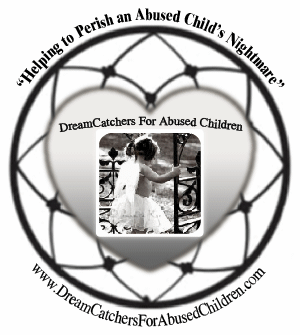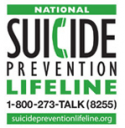 21 Ways To Spot A Child Molester
21 Ways To Spot A Child Molester1. Before they turn 18, one in every four girls will have been sexually abused. Before they turn 18, one in every eight boys will have been sexually abused.
2. Most sexual abuse against children is committed by someone the child knows.
3. Child molesters are skillful. Children often like child molesters because they so often seem to enjoy the same things children do: games, movies, toys. Child molesters tell us, “It’s easy to slip into a child’s life. All you gotta do is show them any attention.”
4. Some children are more vulnerable to abuse than others, and child molesters know how to spot them.
5. You can protect your child by looking for the warning signs that they are having problems: e.g. refusing to partake in an activity they used to enjoy; a sudden change in their emotional well being.
6. You can protect your child by watching out for certain warning signs in adults.
7. Watch out for the adult who show too much or inappropriate physical contact with children (tickling, wrestling, hugging for too long, kissing).
8. Watch out for adults who prefer to spend time with children rather than other adults to the exclusion of healthy adult interactions.
9. Watch out for adults who break the rules or encourage children to break the family’s or the organization’s rules.
10. Watch out for adults who give children gifts without parents’ permission.
11. Watch out for adults who want to become too involved in your child’s life.
12. Although the protection of children is the responsibility of adults, you can help your children by teaching them self-protection skills.
13. For little kids, start by teaching them about their body parts, including their private parts; about the rules for their bodies (that only parents, doctors may touch their private parts); what to do if someone breaks the rules about their bodies.
14. For older kids, teach the concept of boundaries and what to do if someone tries to break their physical, emotional, or behavioral boundaries.
15. You can learn more about your child’s life, who his/her friends are and how they spend their time together. Children tell us that sometimes they didn’t tell about being abused because no one asked.
16. Sometimes children are sexually molested by other children, and the emotional damage can be severe. We have seen a 300 percent increase in peer to peer abuse over the last three years.
17. Before allowing your child to participate in an organization, do your homework. Find out what sort of policies and practices they have in place to protect your child from sexual abuse.
18. You can familiarize yourself with the computer, the Internet, and all other forms of electronic communication. You should know at least as much about these things as your children do.
19. More than one-third of youth Internet users have had an unwanted exposure to sexual material in the last year.
20. Ninety percent of youth who experienced unwanted solicitations were 13 and older.
21. If your child discloses abuse to you, remain calm, listen, reassure them that the abuse is not their fault and that you are glad they told you. Report the abuse to the police.
SOURCE
 This boy should be an inspiration to everyone. Youssif was just 5 years old when masked men doused him in gasoline and set him on fire outside his home in Iraq, but now five years later, he is a beaming happy child living the American Dream in California. In 2007, outside his home in Baghdad, a group of masked men covered Youssif with gasoline and set his face on fire while he was trying to play, reports CNN. READ MORE HERE
This boy should be an inspiration to everyone. Youssif was just 5 years old when masked men doused him in gasoline and set him on fire outside his home in Iraq, but now five years later, he is a beaming happy child living the American Dream in California. In 2007, outside his home in Baghdad, a group of masked men covered Youssif with gasoline and set his face on fire while he was trying to play, reports CNN. READ MORE HERE































![Validate my RSS feed [Valid RSS]](http://dreamcatchersforabusedchildren.com/wp-content/uploads/2009/10/valid-rss.png)












